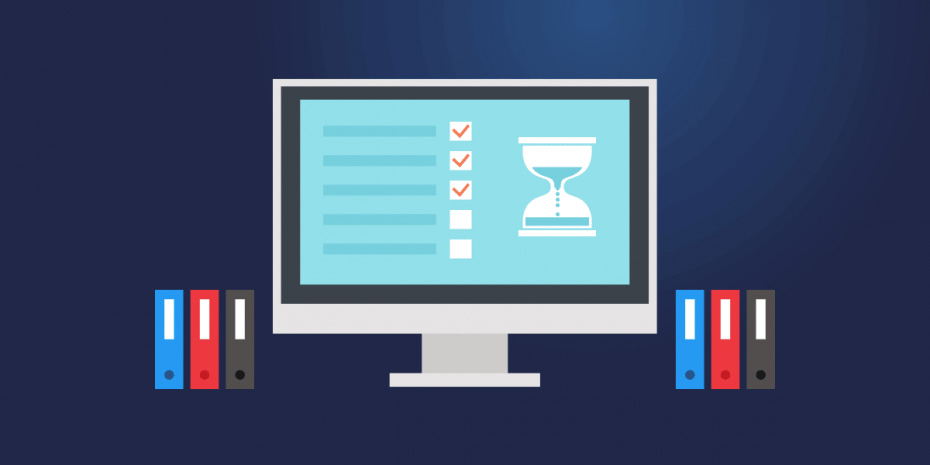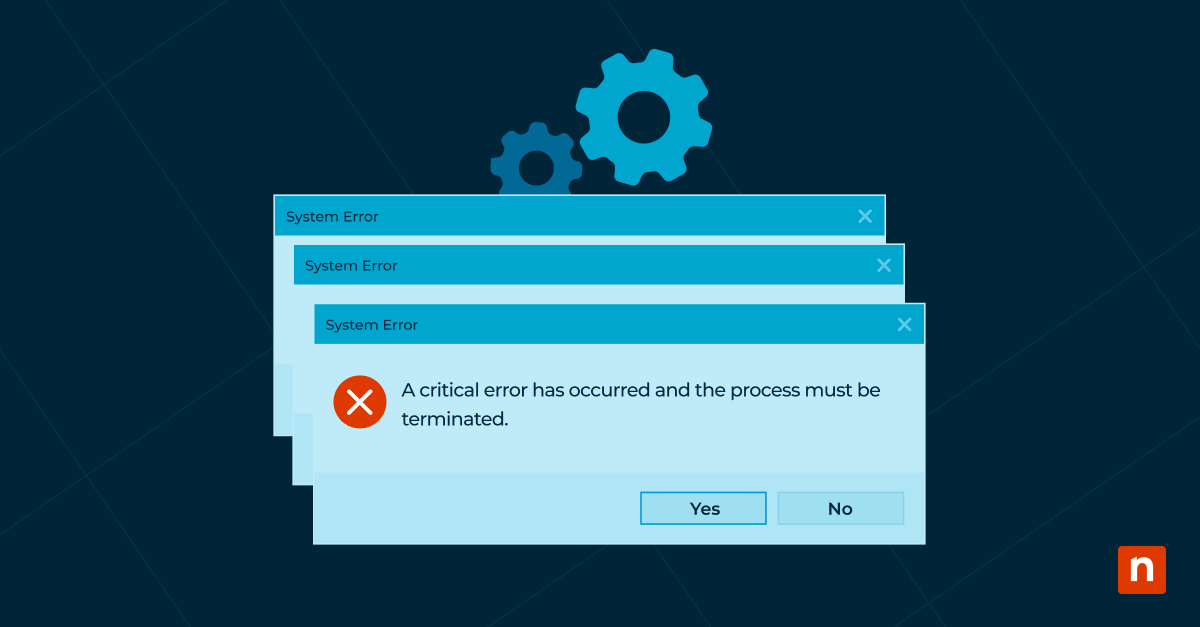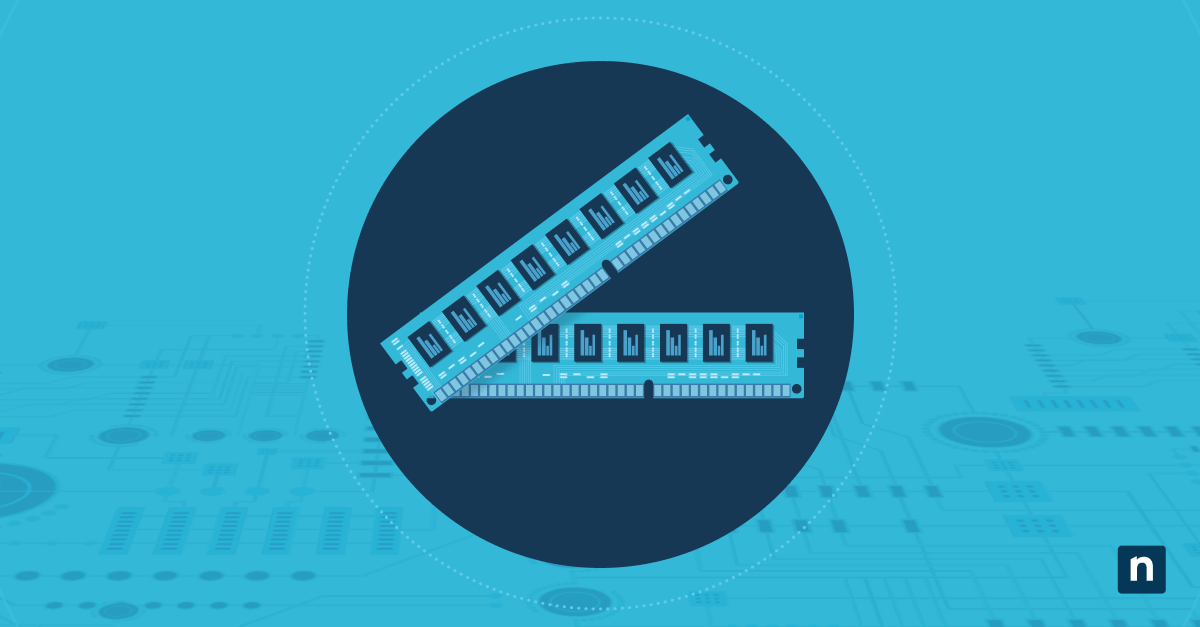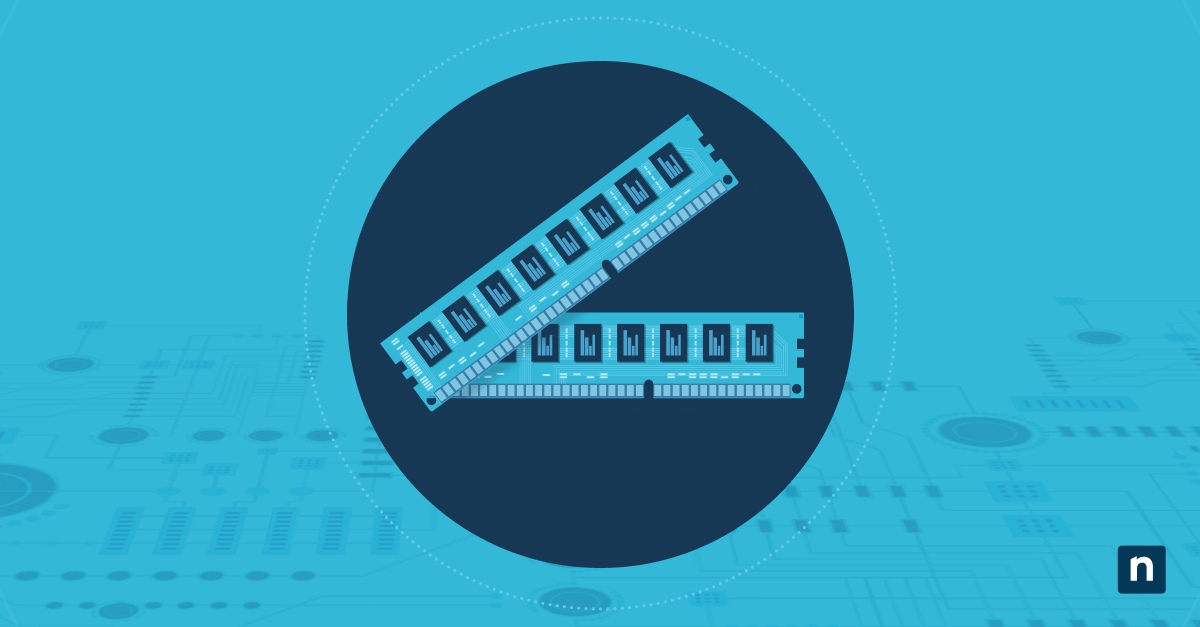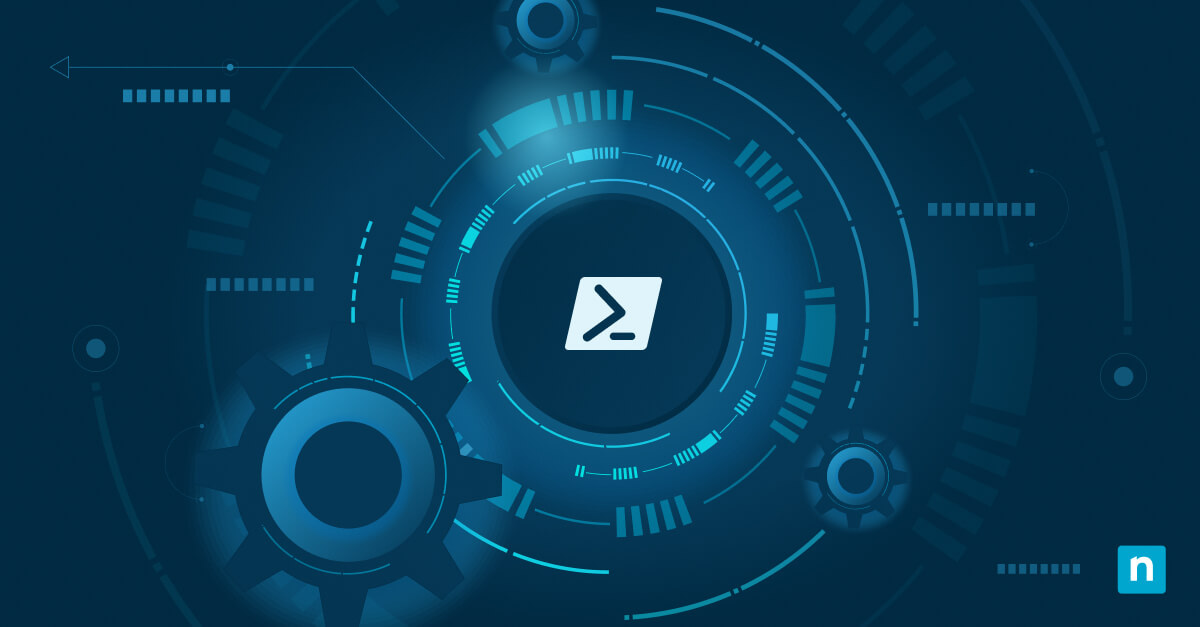In this day and age, important business information is more likely found stored on networks and devices than recorded on physical paper. If a disaster strikes and the safety of your data is compromised, having solid backups in place is the key to reduced RTOs (Recovery Time Objective) and having peace of mind.
Multiple backup types are available to store and secure your data safely. Let’s discuss the different types of backup, their features, and the benefits of each type:
Types of Backups
Though a variety of backups are available, the three main backup types are full, incremental, and differential. Each type performs a unique backup which results in distinct outcomes.
Full Backup
A full backup is the simplest type of backup that is available. Each time it performs a backup, it makes a copy of the entire data set. This includes everything from file and folder backups of individual documents to image backups of entire operating systems. Only one full backup needs to be performed at a time to ensure you will have access to all your digital information from the time the backup operation is finished.
Incremental Backup
Starting with a full backup, an incremental backup will simply back up only the data changed since the last backup instance. The following incremental backups will only save new changes that have not been backed up yet, ensuring stored data remains up to date and consistent.
Differential Backup
Differential backups fall in between full and incremental backups. Like incremental backups, a differential backup also starts with a full backup. However, after the initial full backup, it continues to copy and include changes made to any part of the initial full backup. Differential backups essentially back up any and all changes made to the data after a full backup operation.
Types of Backup Features
Each type of backup has different features that make it useful for particular functions. These various features are essential to keep in mind as you decide what backup tool will be the most effective for you.
File-level vs. Block-level
File-level and block-level backup are two of the most common methods to store backed-up data. File-level backup is very straightforward because, during a backup instance, every file is evaluated to see whether any changes were made. For example, if a file has had any changes made to it, the whole file is copied and added to the backup storage. It is a very comprehensive backup and is ideal if you do not have a large amount of data.
Block-level backup uses blocks to structure the copies of your data. However, for every backup that occurs, it will only backup the segments in the file that have had any changes. However, it is very methodical and more particular about the data it copies, making it faster and more efficient. Block-level backup is typically the preferred method because it is performed quicker and helps you save storage space.
Compression and Deduplication
Compression is an important backup feature that helps businesses maximize the use of their storage space. For example, compressing a backup means condensing the data down to its most important information. Doing so removes any data that isn’t necessary and shrinks down files to save storage space.
Deduplication is yet another way to get rid of unnecessary information in backups. In this case, you are removing unnecessary duplicates. File-level deduplication removes entire repeat files, but unfortunately, you cannot delete smaller data segments from the file. Block-level deduplication involves the removal of duplicate blocks of information, which can be smaller than a single file.
Backup Storage
The two kinds of backup storage most widely available are on-premise or cloud. On-premise backup uses devices and hardware to store data backups on a local server. Though there are many up-front costs for on-prem storage, some organizations may prefer it, so they have complete control over securing their business data locally.
Cloud backup consists of data stored on a network of remote servers. Businesses don’t need to pay for expensive machines and servers to store their data because the cloud provider covers those expenses. For example, cloud storage billing typically charges once a month to cover your business’s storage expenses. This type also allows for on-demand access to the stored data from anywhere you have a secure internet connection.
Automation
Automation is a valuable feature that makes backing up your data easy and straightforward. You can simply schedule what, where, and when you would like backups to occur using automated software. Avoid the risk of forgetting to backup any of your data and let the backup tool do the work for you.
Automated backups enable you to easily protect your data so you’re prepared to recover from any disaster that could occur. Automation provides benefits such as avoiding human error, ensuring all your data is backed up, and supplying a dependable resource for data restoration.
Types of Backup Benefits
Each type of backup solution contains benefits that make it ideal for some situations but impractical for others. Considering the benefits of all types will allow you to choose the best backup for your business.
Full Backup
Full backups are beneficial because they make data backup and restoration easy and straightforward. They are also simple because you know that all data will be copied every time an operation is completed.
Performing a restoration from a full backup is direct and painless. If your data is compromised and you need to restore it to its previous state, using an up-to-date full backup means taking only one step to restore all your digital information.
Incremental Backup
One advantage of incremental backups is that the amount of storage they take up is far less than either full or differential backup. For example, the copies of data are very small in size since incremental backups only make a single copy of any data alterations.
Another benefit of incremental backup operations is the fast backup speed. Since the changes made to data are just a fraction of the full data, incremental backups are completed in a fraction of the time compared to full backups.
Differential Backup
Differential backups offer benefits that fall in between full and incremental backups. Differential backup speed is much faster than full backups but not as fast as incremental backups.
One significant benefit of differential backups is that data restoration is relatively easy, flexible, and doesn’t require you to have the most storage. On any given day that you want or need to perform a restore operation, it only requires the last full and last differential backup to perform a complete backup.
FAQ
What is mirror backup?
A mirror backup is essentially the same as a full backup. It creates an exact copy of the full data set. However, it is called a mirror backup because it “mirrors” everything on the computer. For example, if you happen to delete a file on your device, a mirror backup will eventually show that file as deleted from the backup as well. This also relates to image backups, which record a copy of a device’s operating system.
What is continuous backup?
Continuous backup works anytime a change is made to the data, saving a copy of the data. This guarantees that every version of the data is saved and backed up, and it solves the problem of losing data between traditional backups. Recovery from this type of backup is seamless because it keeps track of changes, and there is minimal data loss.
What is block-level incremental backup?
Block-level incremental backup is one type of incremental backup. It also copies any changes that have occurred in the data since the last backup. Where it differs is in how granular the backup is.
When running an incremental backup, if you add one word to a document, it will back up the entire file again because a change occurred. With block-level incremental backup, it will simply make a backup of the single word that you added. It still tracks and makes a copy of any changes that occur, but it does so by using significantly less storage. Ninja Data Protection provides block-level incremental backup to protect any and all changes to your data.
NinjaOne for your Data Protection Needs
NinjaOne offers a backup solution to help you maintain and store your crucial IT information. With features such as full image and block-level incremental backup, various storage options, and more, Ninja can help you protect all your essential IT and device data.
Start your free trial of NinjaOne today.

